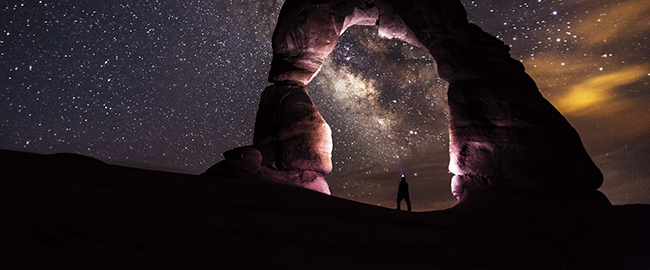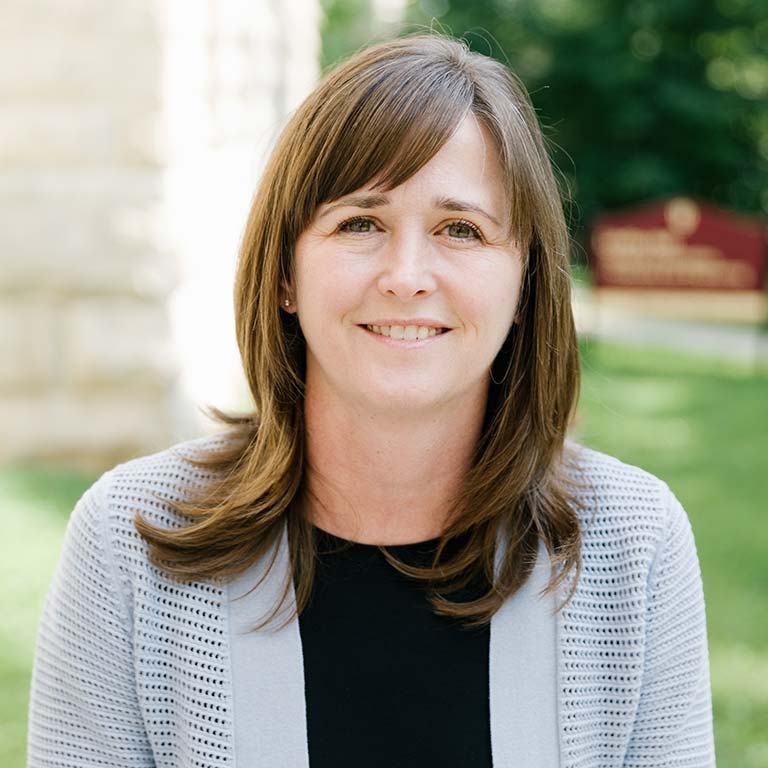Foster, an associate professor of Gender Studies, recently looked at questions like these in her book Reinventing Hoodia: Peoples, Plants and Patents in South Africa. Hoodia, a succulent native to the Kalahari Desert, has long been used in African traditional medicine to reduce hunger, increase energy, and ease breastfeeding. But the perspective of Big Pharma, scientists, and lawyers in the global North, who looked at the plant as a source of molecules that could be extracted and patented as a diet aid, was considered more valuable than the experience of native peoples.
Foster learned about Hoodia when she was a human-rights lawyer in Botswana. “In my research, I really had to understand the different ways of knowing things: indigenous people think about nature one way, while scientists think about it another way, but both ways are shaped by history, culture, politics, and law,” she explains.
The class will explore these differences when they compare a geology 101 video about Yosemite to a painting of Yosemite by 19th-century American artist Alfred Bierstadt. Both consider mountains, and nature more generally, as inert, passive, and completely detached from humans. Students will then read Ahwahneechee folk tales that treat the Yosemite mountains as ancestors tied to the community.
These same kind of questions will arise when Foster asks students to dissect the plants they’ve spent a semester caring for. Foster expects that some students may hesitate to destroy their plants. She wants them to ask themselves “Why am I so uncomfortable with making my plant into raw material?” as a way to explore the historical fact that scientists have treated the bodies of certain animals and humans as objects to be experimented on.
Many students will already be familiar with Henrietta Lax, a Black woman whose cancer cells were reproduced and distributed widely without either her or her family’s consent or knowledge, for example. “We’ll think about how both science and the humanities have historically defined human beings as rational beings and excluded women and indigenous people as rational humans.”
The course will conclude with a project that will connect these issues and perspectives as students ponder the idea of DNA ancestry. Does your DNA define who you are?
“For me,” says Foster, “it always comes back to interdisciplinary thinking. I began as a government and economics major at Georgetown, but I always wanted to look at issues from so many angles. Then, when I was in Botswana doing legal research on domestic violence laws, it became very clear to me that you can’t be narrow in your thinking. You need to approach problems in multifaceted ways. So, when I do research, I look at everything: I look at history; I look at culture. I want students to leave the course understanding that you need to approach all problems in a nuanced, multifaceted, interdisciplinary way.”



